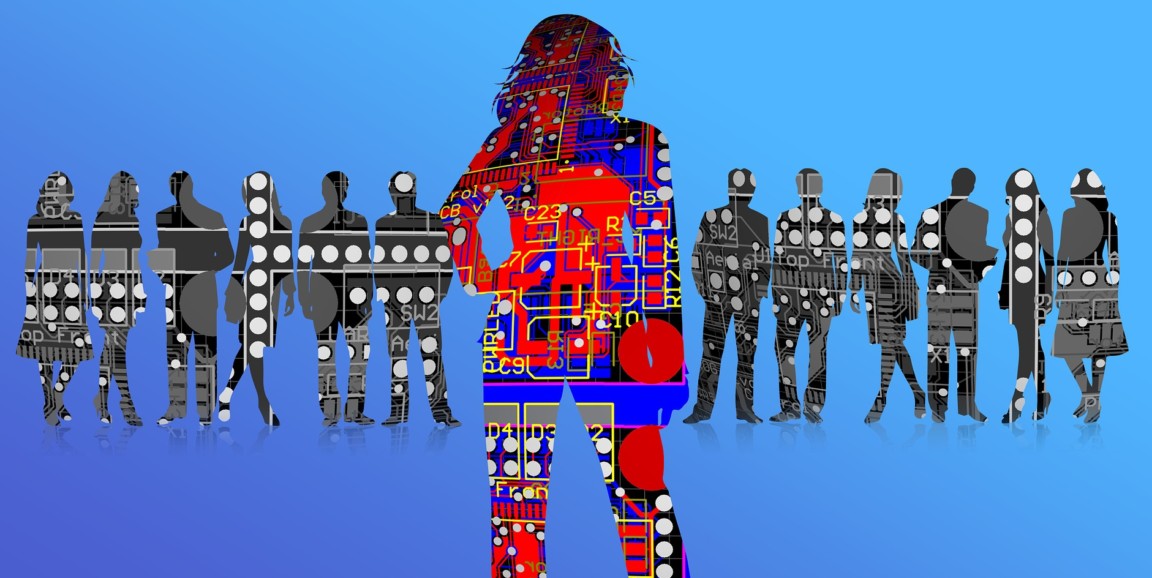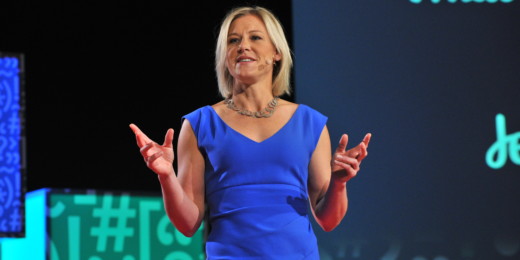There's a lot of talk about using artificial intelligence for health care, says Dekel Gelbman, CEO of FDNA, a digital health platform that harnesses AI to better diagnose and develop treatment for genetic disease. The trick, he says, is to embrace AI while understanding its potential and limitations.
Gelbman will speak at the Big Data in Precision Health conference here on Thursday, May 24.
I recently had the opportunity to speak with him about his perspective on the intersection of AI and healthcare, and how he navigates that in his leadership at FDNA.
In your work, how do artificial intelligence, big data and health care intersect? For what purpose?
In health care, and specifically in genomics, big data is key to getting insights into the cause of many medical conditions. It is how we develop diagnostics, therapeutics and guide health care for patients — it all starts with understanding the biological mechanisms, the genomic pathways and how genotypes and phenotypes are related. The only way one can gain insights from the vast amount of data produced from next-generation sequencing is by applying artificial intelligence and pattern recognition — no human being can process so much data.
At FDNA, we focus on capturing, structuring and analyzing complex physiologic data of humans with next-generation phenotyping technologies and linking patterns identified to their genetic origin. With this approach, we are able to gain actionable insights into genomics that can facilitate faster and more comprehensive advances for precision medicine.
What are you planning to discuss at the conference?
I'll be covering the benefits of AI in health care and the promise it holds for the future of precision medicine. More specifically, I will show how our AI is being applied in clinical genomics and the potential it can have for drug discovery and success of clinical trials in rare diseases.
How do you think big data can change the current health care landscape?
There is a lot of data that is currently untapped — AI will allow us to unveil patterns and links that we’ve never known existed. I think the role of the provider is going to change dramatically — geneticists will have much more time to spend treating patients and consulting them, rather than chasing after a diagnosis. Researchers will have better access to data and I predict exponential growth in drug discovery.
Photo by geralt






